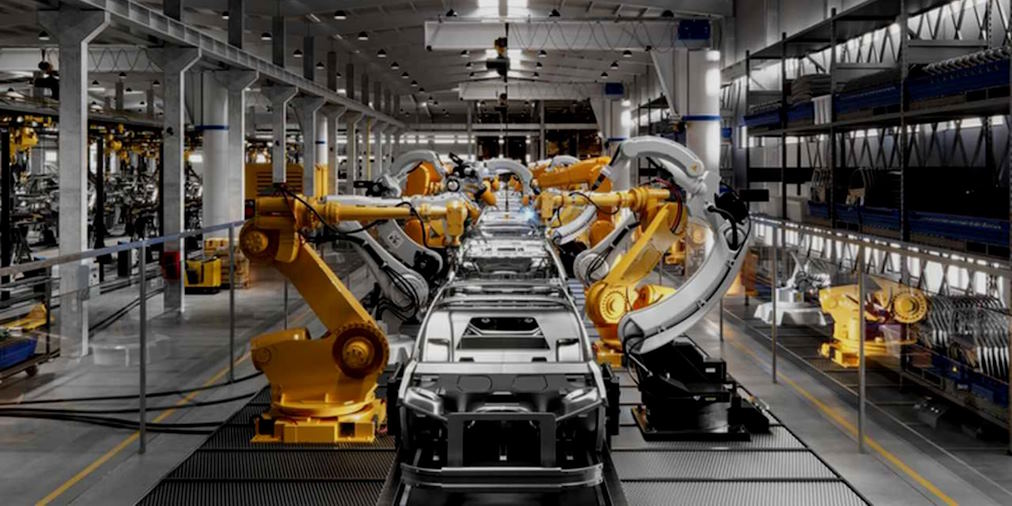
Europe’s rich history is closely intertwined with its industrial development, and production plants have played a pivotal role in shaping the continent’s economic landscape. From the Industrial Revolution to today, these plants have been at the forefront of innovation, driving economic growth and propelling Europe into the global stage. In this article, we will explore how production plants have been instrumental in Europe’s development story, contributing to its economic renaissance and positioning it as a leading global powerhouse.
Industrial Revolution and Manufacturing Prowess
The Industrial Revolution, which originated in Europe in the 18th century, marked a turning point in human history. It transformed traditional agricultural societies into industrial powerhouses, with production plants at the heart of this revolution. Europe became the birthplace of mechanized manufacturing as plants embraced technological advancements like steam power and assembly line production. These plants drove the mass production of goods, revolutionized transportation and infrastructure, and propelled Europe into unprecedented economic growth.
Engineering and Innovation
European production plants have been synonymous with engineering excellence and innovation. They have been instrumental in developing and manufacturing iconic products that have shaped industries and markets worldwide. From automobiles and aircraft to precision machinery and consumer electronics, these plants have pushed the boundaries of what is possible. Through continuous research, development, and investment in cutting-edge technologies, European production plants have consistently brought innovative solutions to the market, positioning Europe as a hub of technological advancement.

Job Creation and Economic Prosperity
Production plants have significantly contributed to job creation and economic prosperity throughout Europe’s history. These plants have been employment engines, providing opportunities for workers with diverse skill sets. They have stimulated local economies, attracting investments and driving the growth of ancillary industries. Production plants have generated a multiplier effect by creating a network of suppliers, distributors, and service providers, spreading economic benefits to communities and regions.
Global Competitiveness
Europe’s production plants have played a pivotal role in establishing the continent’s global competitiveness. By fostering a culture of excellence and embracing advanced manufacturing practices, these plants have consistently delivered high-quality products that meet global standards. They have contributed to Europe’s reputation for craftsmanship, precision, and reliability, positioning European-made goods as a mark of quality. European production plants have thrived in the face of international competition, driving export growth and promoting a favorable regional trade balance.
Sustainable Development and Corporate Social Responsibility
In recent years, European production plants have increasingly embraced sustainable development and corporate social responsibility. They have recognized the importance of environmental stewardship, social inclusivity, and ethical business practices. These plants have implemented sustainable manufacturing processes, reduced carbon emissions, and optimized resource utilization. They have also prioritized the well-being of their employees, investing in health and safety measures and fostering a culture of diversity and inclusivity. By integrating sustainability into their operations, European production plants have become leaders in responsible business practices.

 Our team of professionals specializes in developing tailored strategies and implementing effective solutions to streamline your business operations and enhance factory production. We believe that a well-organized and optimized workflow is the foundation for achieving operational excellence and improving overall productivity.
Our team of professionals specializes in developing tailored strategies and implementing effective solutions to streamline your business operations and enhance factory production. We believe that a well-organized and optimized workflow is the foundation for achieving operational excellence and improving overall productivity.